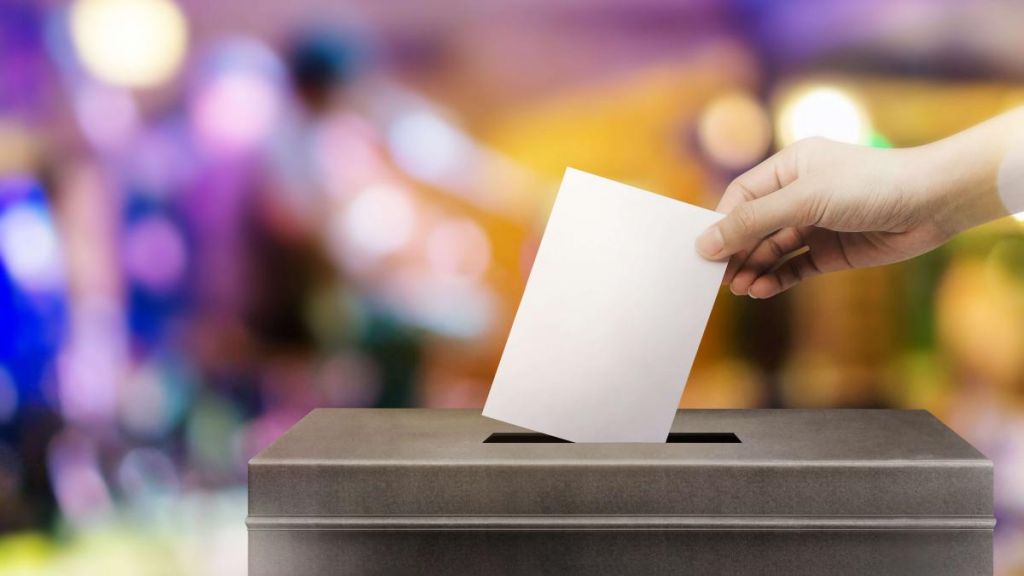
Today, nearly 9.7 crore voters in Maharashtra will exercise their franchise to elect 288 legislators from among 4,136 candidates. This election is more than a routine democratic exercise — it is a decisive moment for the state, with far-reaching implications for its political future. The campaigns have been intense, reflecting the do-or-die stakes for major parties like the BJP, the Shiv Sena, the Congress, and the NCP. Amid this, Raj Thackeray’s Maharashtra Navnirman Sena lingers as a wildcard — will it merely spoil the game for others or emerge as a genuine contender? The battle lines are drawn primarily between the Mahayuti alliance, led by the BJP and the Shiv Sena (Eknath Shinde faction), and the Maha Vikas Aghadi, comprising the Shiv Sena (Uddhav Thackeray faction), the Congress, and the NCP. Both sides have promised the moon, but voters must decide whether to take these promises at face value or weigh them against ground realities.
This election also puts to test the moral fabric of Maharashtra’s politics. The split in the Shiv Sena and the formation of the Mahayuti government after the fall of the Uddhav Thackeray-led MVA raised serious ethical and democratic concerns. The Supreme Court may have flagged the formation as undemocratic but stopped short of intervening. Now, it is up to the people to adjudicate: was the Mahayuti an illegitimate power grab, or was the MVA an opportunistic coalition?
The stakes are particularly high for political stalwarts like Uddhav Thackeray, Eknath Shinde, Sharad Pawar, Ajit Pawar, and Devendra Fadnavis, whose futures hang in the balance. The results will also reflect whether the BJP has regained its footing in Maharashtra, a state where its setbacks in the Lok Sabha elections dented its national standing. Voters face another key question: is the free flow of leaders between parties, now a common phenomenon, a legitimate aspect of democracy or a betrayal of public trust?
At the heart of these debates lies a pressing need for stability. Maharashtra has long been a leader in development and progress, but political uncertainty threatens its position. Only a government with a clear and decisive mandate can steer the state toward its aspirations while maintaining its traditions of communal harmony and social cohesion. This election will determine not just who rules but also the direction the state will take over the next five years. The voters must rise to the occasion and ensure their choice is both wise and forward-looking.